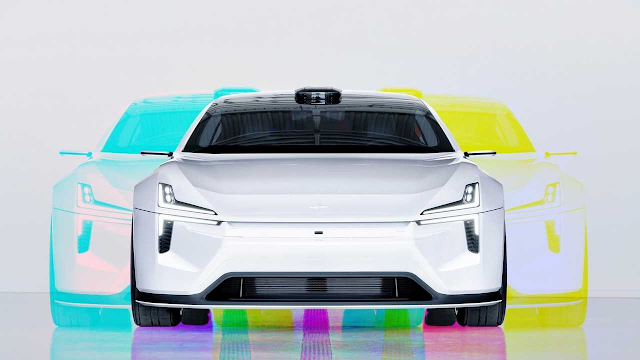The automotive industry is undergoing a significant transformation, with electric vehicles (EVs) emerging as a compelling alternative to traditional internal combustion engine (ICE) cars. As concerns about climate change and air pollution intensify, EVs have gained considerable traction due to their eco-friendly nature and technological advancements. In this article, we will explore the various aspects that make EVs worth considering when purchasing a new car.
Environmental Benefits:
One of the most compelling reasons to consider buying an EV is its positive impact on the environment. Unlike ICE cars, EVs produce zero tailpipe emissions, reducing greenhouse gas emissions and combating air pollution. With an increasing number of countries committing to phasing out gasoline-powered vehicles in the coming years, opting for an EV demonstrates a proactive approach towards environmental sustainability.
See Also: Can EV Car Battery Be Recycled?
Cost Savings:
While the initial purchase price of an EV may be higher than that of a comparable ICE car, the long-term cost savings can be substantial. Electric vehicles have lower operating and maintenance costs due to the simplicity of their drivetrains. EVs require less frequent maintenance, as they have fewer moving parts and do not need oil changes. Additionally, the cost of electricity for charging an EV is generally lower than the cost of gasoline, resulting in significant savings over time.
Government Incentives:
Governments around the world are implementing various incentives to promote the adoption of EVs. These incentives often include tax credits, rebates, and grants, which can help offset the higher upfront costs of EVs. Additionally, some cities offer benefits such as free parking, access to bus lanes, and reduced toll fees for EV owners. Taking advantage of these incentives can make purchasing an EV even more appealing from a financial standpoint.
Technological Advancements:
EVs are at the forefront of technological innovation in the automotive industry. They offer advanced features such as regenerative braking, which recovers energy during deceleration, and instant torque delivery, providing a smooth and exhilarating driving experience. Furthermore, EVs are often equipped with state-of-the-art infotainment systems, connectivity options, and advanced safety features, making them an enticing choice for tech-savvy consumers.
Expanding Charging Infrastructure:
One of the primary concerns regarding EVs has been the availability of charging infrastructure. However, significant progress has been made in recent years, with governments, businesses, and utility companies investing heavily in expanding charging networks. Public charging stations are becoming increasingly prevalent, and many EV owners also choose to install private charging stations at their homes. With the continued growth of charging infrastructure, range anxiety is becoming less of a deterrent for potential EV buyers.
Evolving Range and Performance:
As technology advances, EVs are constantly improving their range and performance capabilities. Modern EVs offer longer driving ranges, making them suitable for daily commutes as well as longer journeys. Moreover, advancements in battery technology have resulted in faster charging times and improved energy storage capacity. With the increasing availability of fast-charging stations, recharging an EV can now be a relatively quick and convenient process.
Conclusion:
Electric vehicles have come a long way in a relatively short span of time, and they offer numerous advantages over traditional ICE cars. From their positive environmental impact to cost savings, technological advancements, and expanding charging infrastructure, the benefits of owning an EV are becoming increasingly compelling. As the world transitions towards a more sustainable future, investing in an EV is not just a practical choice but also a statement of commitment to reducing emissions and embracing innovative transportation solutions. The time to consider buying an EV is now.


Comments
Post a Comment